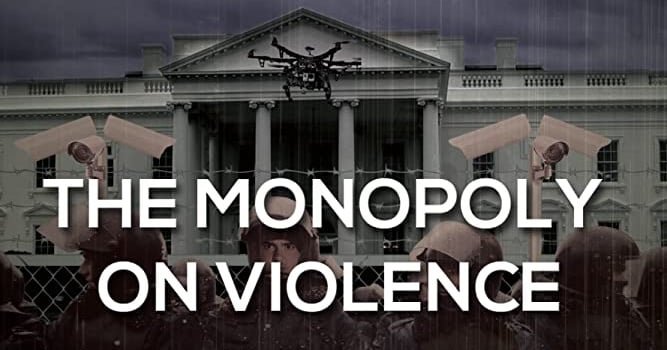In the annals of history and the corridors of theoretical discourse, one principle stands as a cornerstone for stable governance: the state’s monopoly on violence. This concept, far from being an abstract academic musing, is a fundamental tenet that has shaped nations and their approach to law and order throughout centuries. It emerges not only in discussions about early Israeli factions but also in contemporary debates over American gun rights, showcasing its perennial relevance.
The essence of this principle is straightforward yet profound: for a society to thrive under the banner of law and order, it must vest the authority to use coercive force exclusively in the hands of the state. This is not merely a suggestion but a necessity for preventing chaos and ensuring that justice prevails through structured mechanisms rather than through vigilantism or mob rule.
Reflecting on early Israeli history provides us with vivid illustrations of why this principle is paramount. Amidst its formative years, Israel was beset by various armed factions, each with its own ideology and vision for the nascent state. While these groups played roles in securing independence, their continued existence outside state control posed significant challenges to national unity and governance. The eventual integration of these militias into official defense frameworks underscored a recognition that without consolidating violent power under state authority, enduring stability remained an elusive goal.
Turning our gaze to current American gun rights debates further illuminates this principle’s criticality. In a nation where firearm ownership is deeply ingrained culturally and constitutionally protected, tensions frequently arise between individual liberties and collective security. Advocates argue that an armed populace acts as a bulwark against tyranny; critics counter that widespread access to firearms complicates law enforcement efforts and undermines public safety. Herein lies the crux: without clear demarcation lines where state authority begins and individual rights end concerning violence, societal cohesion frays at its edges.
What then must be done? First and foremost, acknowledging that granting states a monopoly on violence does not equate to endorsing oppressive regimes or abdicating personal freedoms is essential. Rather, it means supporting robust systems where laws are enforced fairly by accountable institutions designed to protect all citizens equally.
Moreover, fostering dialogue between opposing viewpoints remains crucial—whether discussing historical contexts like early Israeli factions or contemporary issues such as American gun rights—since understanding divergent perspectives strengthens democracy itself.
In conclusion, embracing the principle that states must have a monopoly on violence serves as both anchor and compass for navigating tumultuous waters towards stable governance. It demands unwavering commitment from leaders who recognize that true strength lies not in arming every citizen but in uniting them under laws safeguarded by legitimate authority—a vision requiring courage, wisdom, and above all else dedication to principles transcending time.

Leave a Reply